GoodWorks Coffee and Tea aims to provide professional training and jobs to orphans who have aged out programs, at-risk teens, and those who have previously been institutionalized. Sam Cornthwaite founded GoodWorks with his business partner Richard Elmore in Bozeman, Montana in 2013. The two invested $200 each into the company, half of which went to savings and the other went into growing the business. As we posted in September in an article that originally appeared in The Beijinger, Cornthwaite moved to Beijing fulltime in 2015 and began earnestly laying the foundation for GoodWorks. However, Cornthwaite tragically passed away this September, leaving GoodWorks to be taken over by others.

We recently sat down with Thomas Crow, the man on a mission to continue Cornthwaite’s legacy. Crow took on the daily operations of GoodWorks after Cornthwaite’s passing in early September of this year. Crow learned of Cornthwaite and GoodWorks while on a long-distance bike ride from Beijing to Bali with his husband. The couple had been sponsored by Chinese companies and a US company, posting on social media about their experiences with each company’s products. Crow and his husband had partnered with Cornthwaite and GoodWorks, carrying and drinking the company’s coffee on their ride towards Bali. Now Crow is working with others such as his husband and Hannah Cornthwaite, Sam’s sister, to secure and blossom the business.
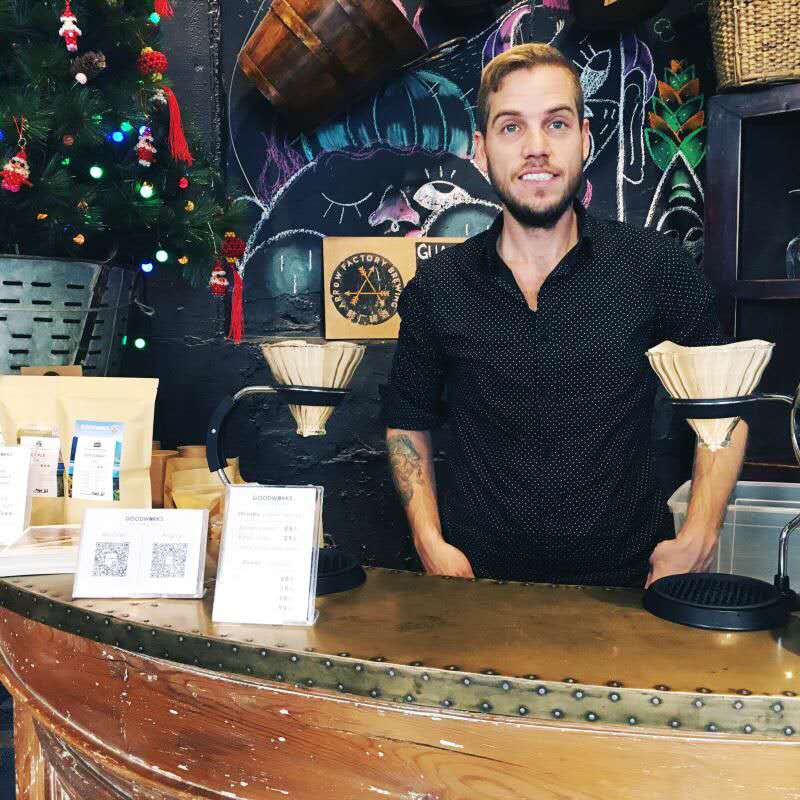
Thomas Crow at a GoodWorks event
Rebuilding a New Busines
After Cornthwaite passed away in September, Crow said rebuilding the business proved difficult. “Sam was a one man show and not always good at documenting his plans or previous work,” Crow said.
“I love a good puzzle though…so far it’s been about putting all the pieces together to understand the whole picture.” Thomas says that since he has taken on the business he has had to learn much of how GoodWorks had operated before including partner relations, finding spaces for a training lab that Cornthwaite had planned to open, and even how to roast the coffee beans themselves.
Crow used literature, online resources, and the help of a previous coffee roaster to learn how to roast the brand’s coffee beans. Eventually, Crow said the taste of the new roast matched that of GoodWorks’ roasts under Cornthwaite. Since taking on GoodWorks in September, Crow has begun roasting coffee beans in a location in Shunyi. Other things have changed as well. Crow stated that in the beginning, when he first took on the management of the company, his focus was entirely on learning what had been done before and how to keep the company afloat. Now however, Crow says that things have begun to stabilize and he believes he is in a position to begin thinking about the company’s long-term strategy.
A Fair Price Through Direct Interaction
In talking to Crow, it was obvious that he had taken on the business both to honor Cornthwaite and because he truly believes in the mission of the organization. Crow believes that, unlike other social enterprises that do not always end up helping their target community, Cornthwaite had been doing something really good in a really smart way.
One of the main methods that the company focuses on helping its demographic is through personal contact with its coffee farmers. GoodWorks practices direct trade rather than fair trade, meaning that it purchases beans directly from the farmers, not through a third-party organization such as in fair trade. Crow says that this allows for the farmers to focus on the quality of the beans rather than producing the most beans in order to make the most profit. In direct trade, buyers will usually purchase smaller batches and focus on quality of product verses quantity. In practicing direct trade and setting fair purchasing prices, GoodWorks also aims to avoid the chance that the farmers they buy from will become subsistence farmers, only making enough to grow beans the next year.
Since the past few months have been focused on rebuilding the organization, Crow says that his communication with farms has been limited but that he plans to visit Yunnan in the near future. For now Crow maintains direct contact with two of the farms GoodWorks also previously partnered with and communicates with another farm via third party.

Sam and Hannah Cornthwaite
Providing Training for Those in Need
One of GoodWorks’ targeted projects is the company’s Training Lab. Prior to his passing, Cornthwaite had both secured a location and two trainees to start the Lab. However, since then, due to complications with the location and the sudden passing of Cornthwaite, the opening of the Lab has been on hold.
Though Crow has been focused on redeveloping the business and has put the Lab on hold, he expressed a fervent interest in starting the Lab early after the start of the new year, seeing it as an integral part of GoodWorks’ mission. In planning for the Lab, Crow has been working with Hannah Elyse Cornthwaite, Sam Cornthwaite’s sister, to develop the Training Lab. Hannah Cornthwaite plans to use her experience working with special needs individuals to set up a curriculum that can be used in the Training Lab to teach adults.
Until the Training Lab can be opened, Crow and Hannah will be working to secure the company’s partnerships, regrow its retail sales, find a space and trainees for its Lab, and always work to refine its coffee. For now, GoodWorks is working on opening a physical store with a training lab attached. For those interested in supporting their cause, Crow says the best way is to either buy coffee and tea (found on the GoodWorks website or through PopUp Beijing) or donate cash or cafe supplies. GoodWorks is also available for individuals or groups seeking coffee or tea for their events such as markets, coffee tastings, and the like. For now, those seeking to contact GoodWorks can do so through the GoodWorks WeChat (goodworkschina) or by emailing Thomas Crow at thomas@thurstoncrow.com.
Photos: Thomas Crow and Hannah Elyse Cornthwaite













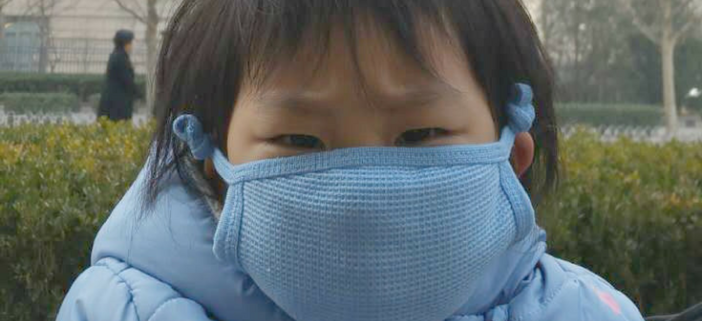

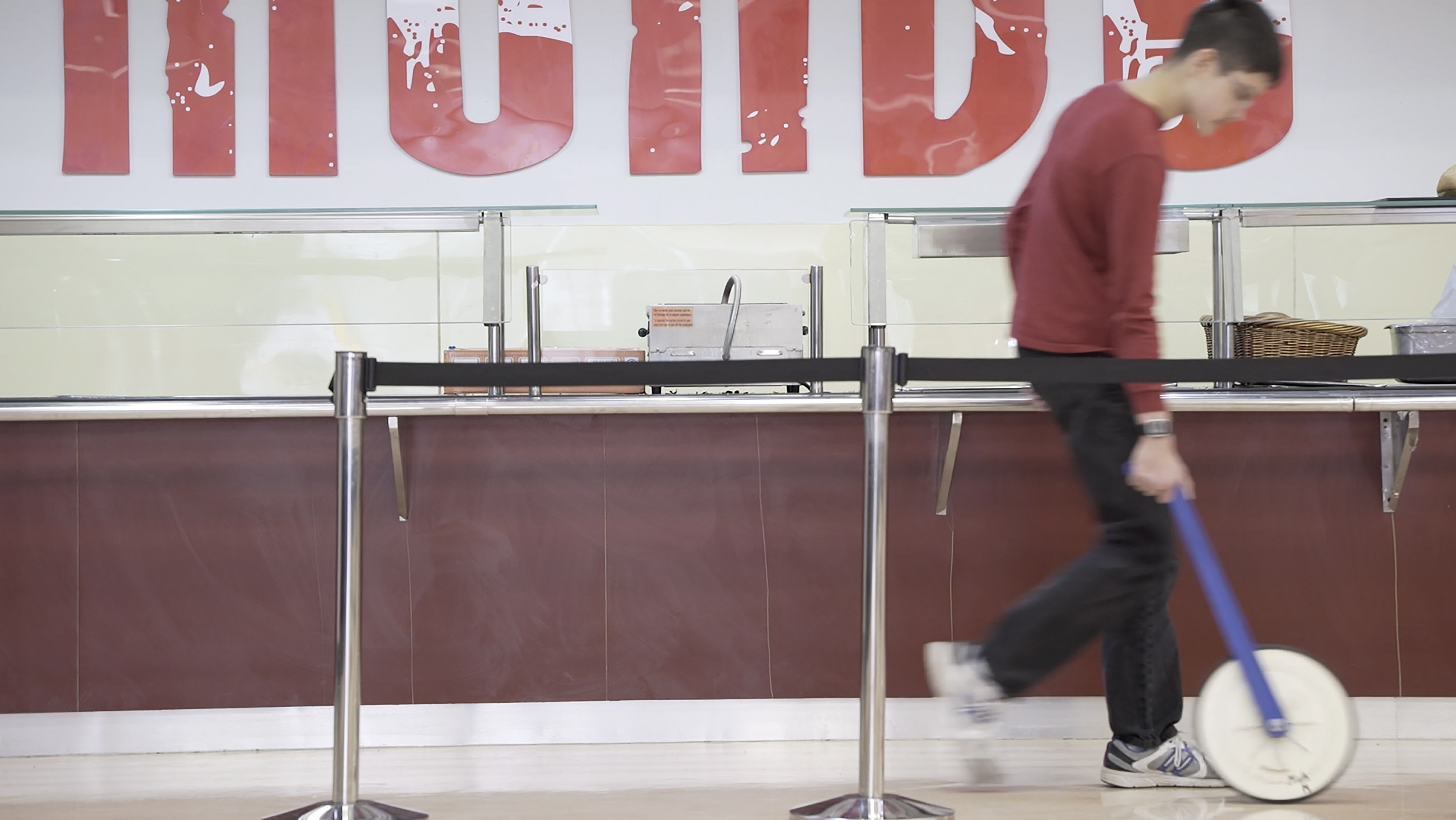
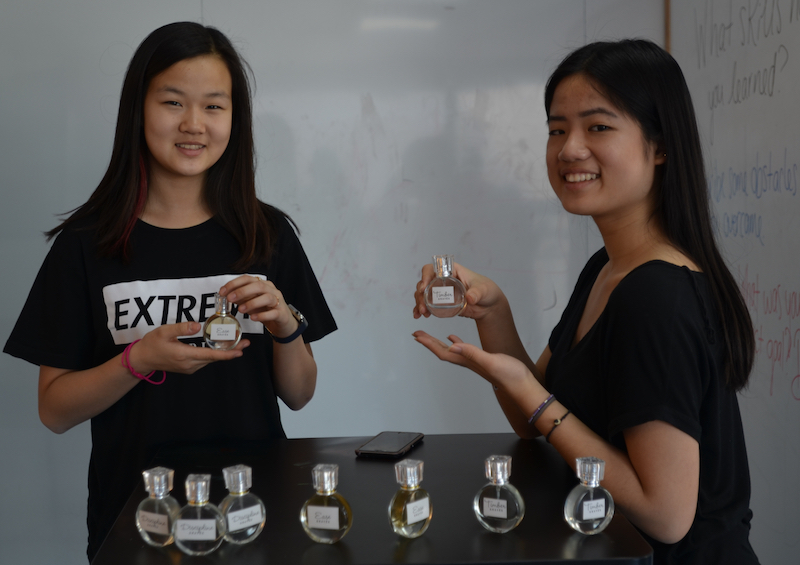




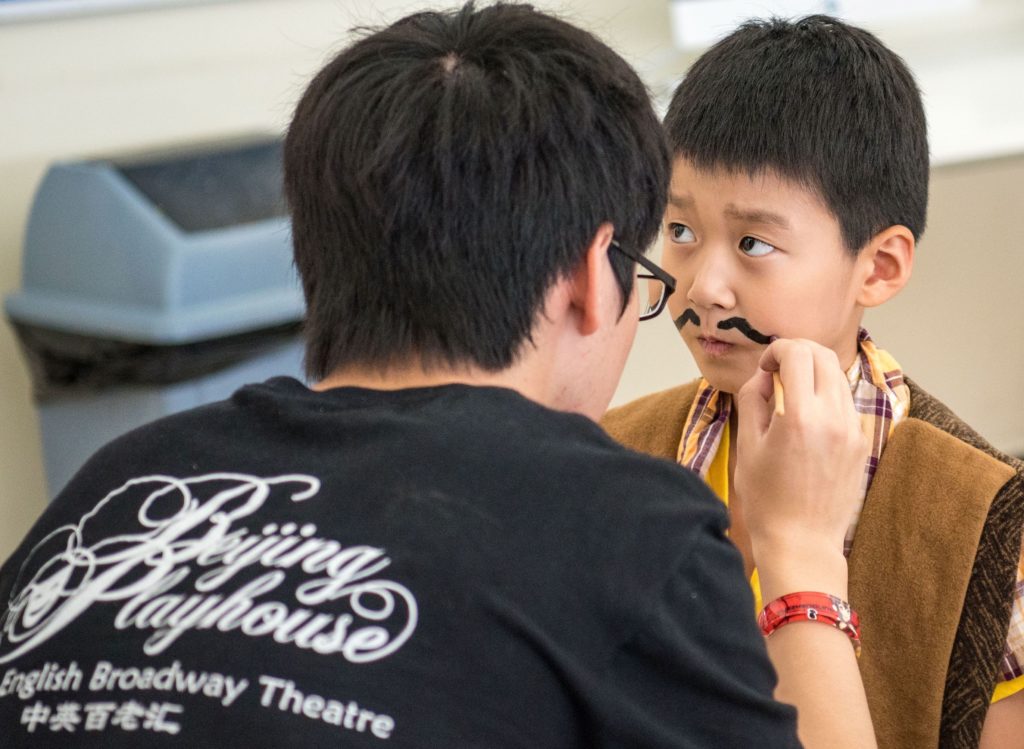
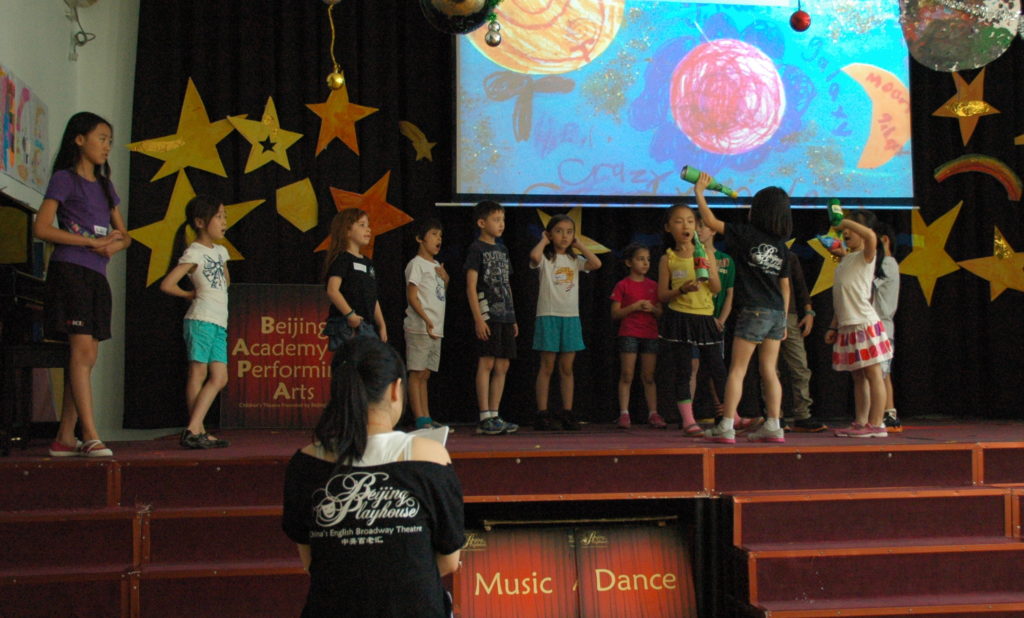





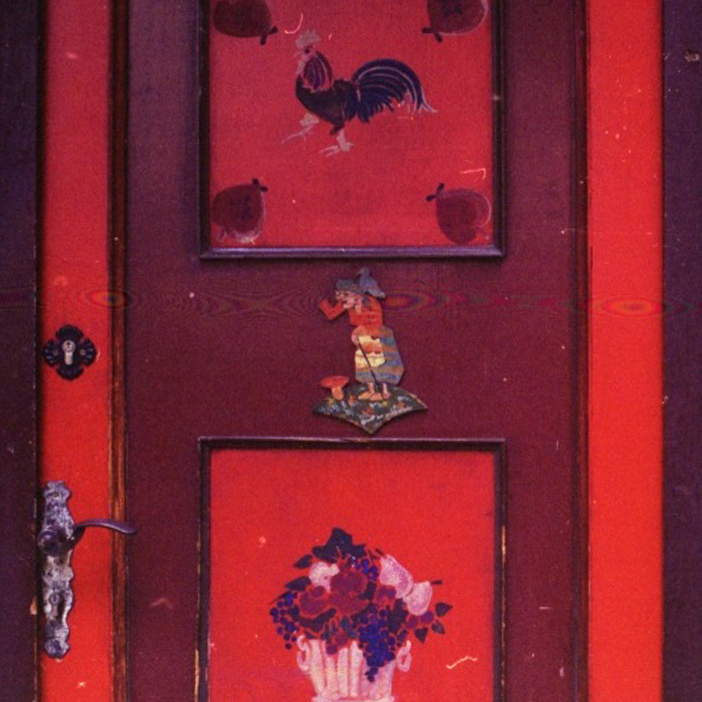 Renting in Austria vs. China
Renting in Austria vs. China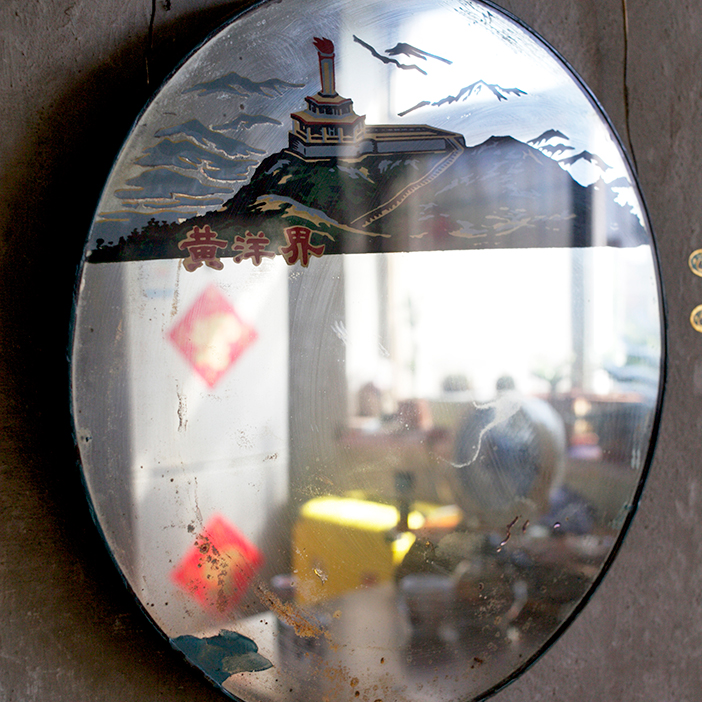 After years of moving every three to four months on average–a big part of these moves happening in China–I’m starting to understand why owning an apartment is so important here. Owning an apartment gives you some predictability in an otherwise seemingly unpredictable world. It creates a stable base from which to explore–both for you and your kids. If your kids grow up bridging cultures, like mine do, it will also allow them to grow some roots and come back to that place in the future. And while my husband and I haven’t found that one place where we want our roots to grow deep into the soil yet, I don’t judge anyone wanting that house for a bride price.
After years of moving every three to four months on average–a big part of these moves happening in China–I’m starting to understand why owning an apartment is so important here. Owning an apartment gives you some predictability in an otherwise seemingly unpredictable world. It creates a stable base from which to explore–both for you and your kids. If your kids grow up bridging cultures, like mine do, it will also allow them to grow some roots and come back to that place in the future. And while my husband and I haven’t found that one place where we want our roots to grow deep into the soil yet, I don’t judge anyone wanting that house for a bride price.


 Listening to stories is a pleasure whatever age you are, from baby to grandparent. And I am delighted to find story tellers from all ages all over Beijing.
Listening to stories is a pleasure whatever age you are, from baby to grandparent. And I am delighted to find story tellers from all ages all over Beijing.











